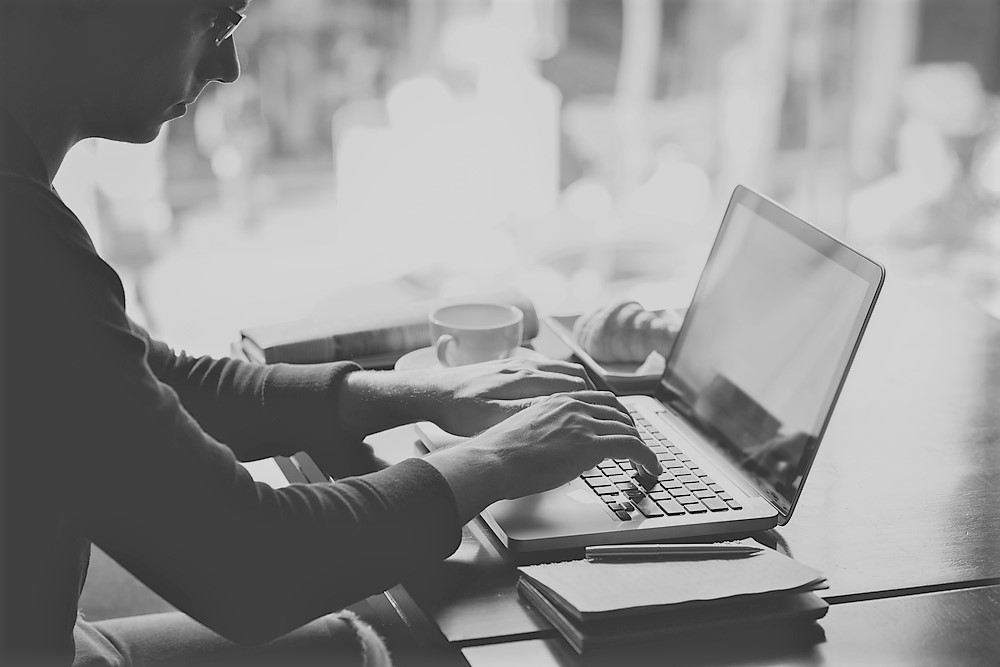If you’re self employed in the UK then each year you’ll have to fill out a self assessment tax return to HMRC, showing your income for the year and the income tax you are liable to pay based on that.
Part of completing your self assessment is comprised of figuring out your expenses – some of which you can deduct from your tax bill, but others which you must pay tax on.
Doing your tax return can be a daunting task, particularly when ironing out the finer details like allowable expenses. So, our team of tax accountants have simplified the expense side of things for you, breaking down what expenses are allowable, and the ones that aren’t.
What self employed expenses are allowable?
When you’re completing your tax return, these are some of the costs that usually count as allowable business expenses.
Office expenses
You can include business stationery, printing costs (including printer ink), and postage. You can also include business equipment like computers and printers and computer software, but you may have to claim these as capital allowances if you don’t use cash basis accounting.
Business premises
You can claim expenses for rent, maintenance and repair, utility bills, property insurance and security. You can’t claim expenses for buying or building your business premises.
If you run your business from home, you can include part of your home utility bills, but you need to work out the proportion of your home that’s used for business, and what proportion of the month it’s being used for business purposes.
If you work from home at least 25 hours a month, you can use simplified expenses,which is a flat monthly rate calculated by the government.
Travel
You can include business-related car or van costs, including vehicle insurance, fuel, hire charges, repairs, servicing and breakdown cover. This can be difficult to calculate, so you can use simplified vehicle expenses, which is a flat rate provided by the government.
You can also include business travel by train, bus, plane or taxi, and hotel rooms and meals during overnight business trips.
Bear in mind that travel for meetings, site visits etc. is included, but you can’t claim for the cost of travelling between home and work, so commuting or travelling to your business premises doesn’t count.
Also note that if you take a journey for both personal and business reasons, you must be able to separate out the business cost in order to include it.
You can’t claim for entertaining clients, suppliers and customers, or event hospitality.
Stock and materials
You can include the cost of your stock, your raw materials, and the direct costs that arise from producing your goods.
Legal and financial costs
If you need to hire a professional like an accountant, a solicitor, a surveyor or an architect for business reasons, you can include the cost in your calculation.
You can also include bank, overdraft and credit card charges, interest on bank and business loans, hire purchase interest and leasing payments. Note that if you’re using cash basis accounting, you can only claim up to £500 in interest and bank charges.
Business insurance
You can include the cost of business insurance, for example public liability insurance and professional indemnity insurance.
Marketing
The cost of marketing including newspaper advertising, directory listings, mailshots, free samples and website costs can be claimed.
Clothing
You can include the cost of uniform, necessary protective clothing, or costumes for actors or entertainers, but you can’t include the cost of everyday clothing that you wear to work.
Staff costs
Employee and staff salaries count as allowable expenses, as do bonuses, pension contributions, benefits, agency fees and employer National Insurance contributions.
Subscriptions
You can include the cost of membership to trade bodies or professional membership organisations if they’re relevant to your business, and the cost of subscriptions to trade or professional journals.
Calculating your business expenses for your tax return
When you complete your tax return, you may get the option to give a single figure for your allowable expenses or to give a detailed breakdown.
If you choose to enter a single figure, you still need to work out all your expenses accurately, and keep a record of your workings in case HMRC queries your figures.
You should also keep receipts or other proof of purchase. You don’t need to include these with your tax return, but you may need to present them if you’re subject to a tax investigation.


